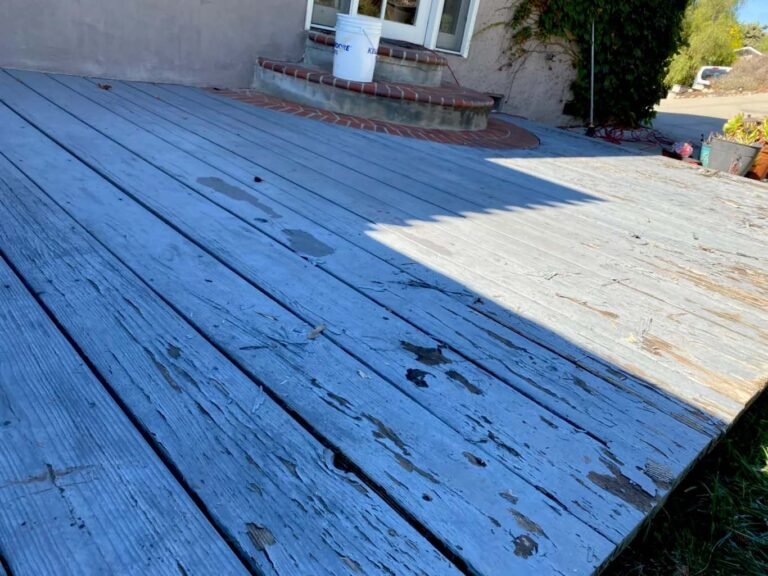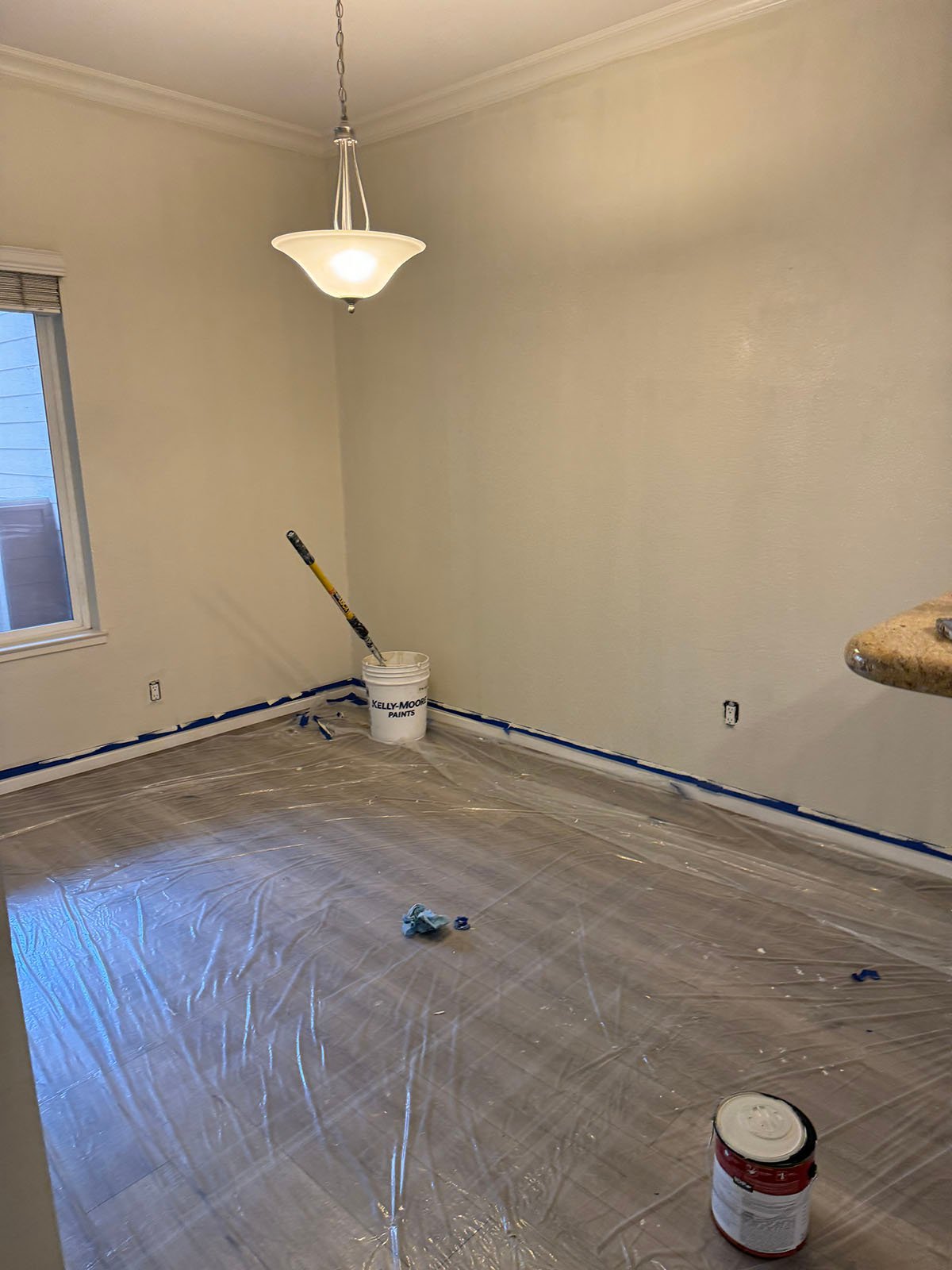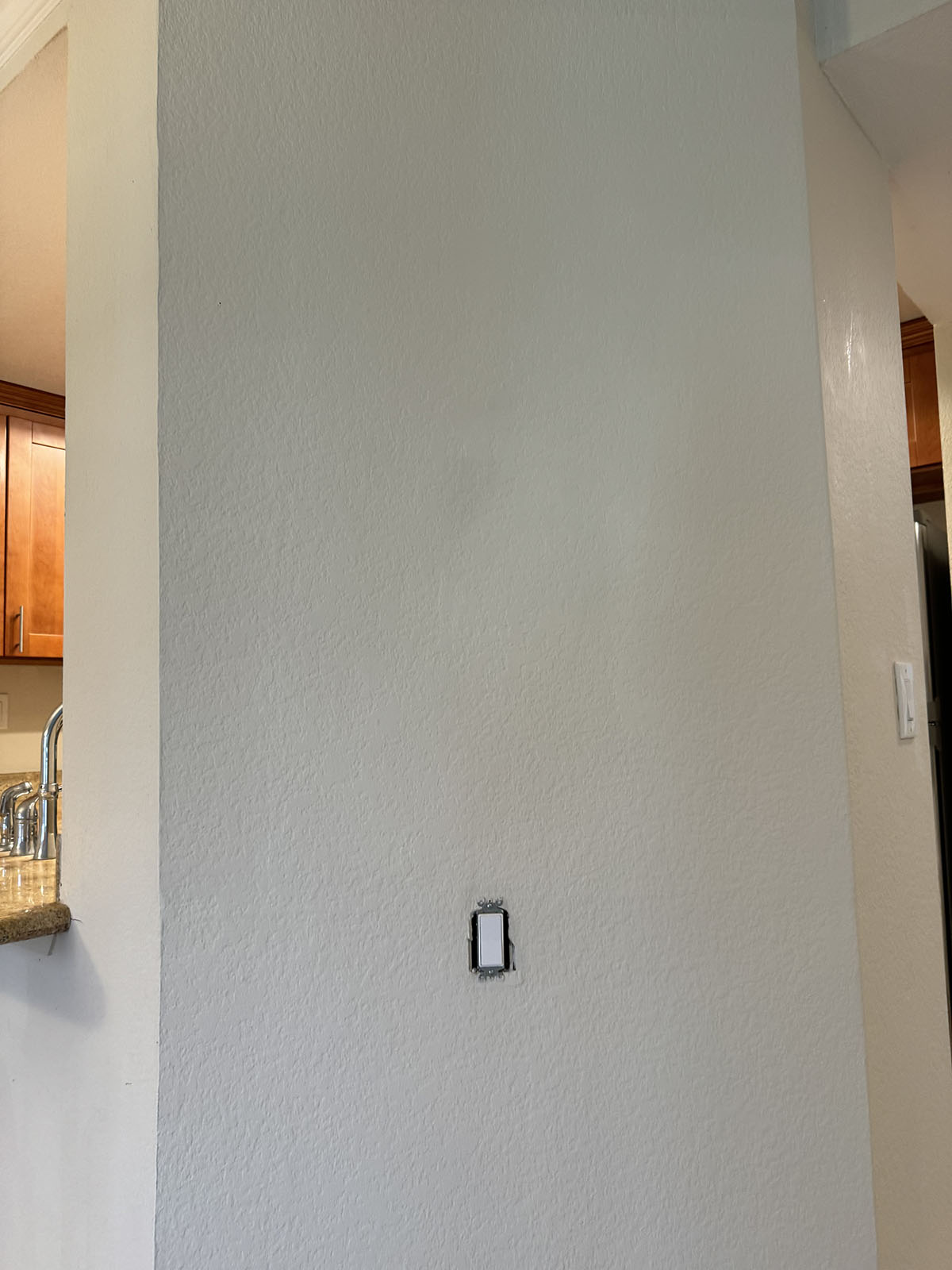
Look outside. Look at your deck. That beautiful space meant for family barbecues, for quiet morning coffees, for stargazing on a warm night. Now, see that slippery, greenish-black film creeping across the wood? That’s algae. It’s not just ugly, it’s a real safety risk. It robs you of your peace of mind and the full use of your home.
You want it gone. But the thought of harsh, toxic chemicals that smell up the yard and endanger your pets and kids? That’s not an option. You need a solution that is powerful, safe, and accessible.
What if I told you the answer is already in your pantry? What if the key to unlocking a clean, safe deck is a simple bottle of vinegar? It sounds too good to be true, right? So, let’s tackle the core question head-on. Let’s find out: does vinegar kill algae on decks? The answer is a resounding YES. And today, you’re not just getting a yes or no. You’re getting a blueprint, a step-by-step action plan to take back your deck and transform your outdoor living experience right now.
The Science Behind the Solution
So, does vinegar kill algae on decks? Exactly. White distilled vinegar is basically a mild form of acetic acid. This acid is powerful. It works by penetrating the cell walls of the algae organism. This process breaks down the algae, effectively killing it and making it easier to scrub away from your deck’s surface. It’s a natural herbicide and disinfectant. It doesn’t just wipe away the problem; it attacks it at its root. This is nature’s power, harnessed for your benefit.
Why Vinegar Should Be Your Go-To Solution for Killing Algae on Decks
You have choices. You could go to the store and buy a chemical cocktail. But why would you? Using vinegar is a decision that pays dividends across your entire life.
First, it is incredibly cost-effective. A gallon of vinegar costs way less than a gallon of branded deck cleaner. Second, it is safe. You can breathe easily. Your children can play on that deck an hour after you’re done cleaning. Your pets are safe from toxic residues. Third, it is environmentally friendly. When you rinse the vinegar away, it doesn’t poison your soil or contaminate the groundwater. It simply biodegrades. You are making a choice that is good for your home and good for the planet.
Step-by-Step Action Plan to Kill Algae with Vinegar
Ready to Transform Your Space?
Don’t wait, your dream paint job is just a click away. Book your free estimate today!
Talking about it isn’t enough. You need a plan. You need to know exactly what to do. Follow these steps. This is your roadmap to success.
What You Will Need to Get Started
- White distilled vinegar (5% acidity is standard).
- A large spray bottle or a garden sprayer.
- A stiff-bristled brush (nylon is good for wood).
- A bucket of clean water.
- A hose with a spray nozzle.
The Proven Process to Eliminate Algae
- Test a Small Area: First, pick a small, hidden spot on your deck. Apply the vinegar and wait for about an hour. Always test first to make sure it doesn’t stain or harm the wood. This is your insurance policy.
- Apply the Vinegar: On a cloudy day or when the deck is not in direct sunlight, generously spray the undiluted white vinegar onto the algae-covered areas. Soak those green spots completely. You are not misting; you are drenching the enemy.
- Let It Work: Walk away. Let the vinegar do its job. Allow it to sit for at least 30 to 60 minutes. For thick, stubborn algae, you can let it sit for several hours. The vinegar is breaking down the algae’s structure.
- Scrub the Area: Now, take action! Use your stiff-bristled brush and scrub the treated areas. You will see the algae loosening and coming off. Put some energy into it! This is where you physically reclaim your space.
- Rinse Thoroughly: Use your garden hose to rinse away all the dead algae and the residual vinegar. Wash it all away. You will see the clean, beautiful wood of your deck emerging.
- Repeat if Necessary: For severe cases of algae, you may need to repeat this process. Do not get discouraged. Persistence wins the day.
Does Vinegar Kill Algae on Decks Permanently?
Let’s be real. Does vinegar kill algae on decks for all time? Nothing creates a permanent forcefield. Algae spores are everywhere, carried by air and water. The goal isn’t a quick fix, it’s consistent control. Vinegar will kill the active algae growth on your deck. To maintain that pristine condition, you must change the conditions that allowed the algae to grow in the first place. This is about lifelong mastery, not a quick fix.
How to Ensure Algae Never Takes Over Your Deck Again
You’ve won the battle. Now, let’s win the war. Maintenance is the key to long-term freedom.
- Improve Sunlight and Airflow: Trim back any bushes or tree branches that shade the deck and trap moisture. Algae thrives in damp, dark places. Let the sun in!
- Keep It Clean: Sweep your deck regularly to remove leaves, dirt, and debris that hold moisture and feed algae growth.
- Address Water Drainage: Make sure water does not pool on your deck. Ensure your gutters and downspouts are directing water away from the deck structure.
Perform a Seasonal - Vinegar Wash: Once or twice a year, give your deck a light maintenance wash with a diluted vinegar solution. This will prevent any new spores from getting a foothold.
Conclusion
Today, you discovered the truth. You answered the question: does vinegar kill algae on decks? You have the knowledge. You have the step-by-step plan. That slippery, dangerous algae is no longer in control, you are.
You have the power to create a safe, beautiful, and welcoming outdoor space for your family. You don’t have to worry about harsh chemicals. You don’t have to spend a fortune. You can do this today.
So what are you waiting for? That deck isn’t going to clean itself. That memory-making space is calling your name. Go to your pantry, grab that bottle of vinegar, and take that first step. Spray that deck. Scrub that wood. Rinse it clean. Reclaim your space. Reclaim your peace of mind.
Your future self, grilling with friends and laughing with family on a spotless, safe deck, is thanking you right now. Take action. Make it happen.




